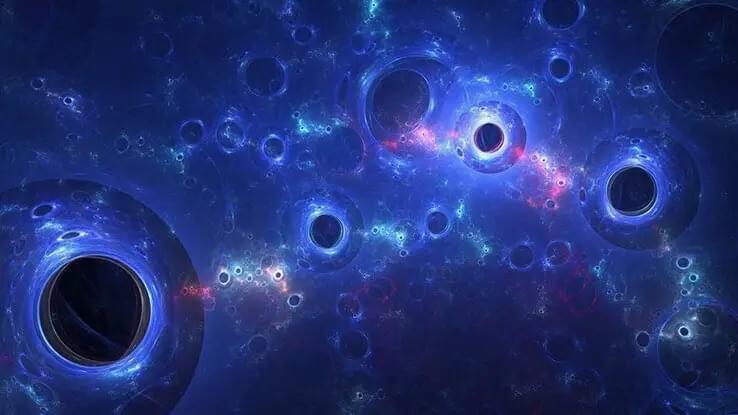The study suggests these primordial black holes could have absorbed free quarks and gluons, making them different from typical black holes formed by collapsing stars. They would be incredibly small, yet could account for much of the universe’s dark matter.
For decades, scientists have struggled to explain the lack of visible matter in the universe.
